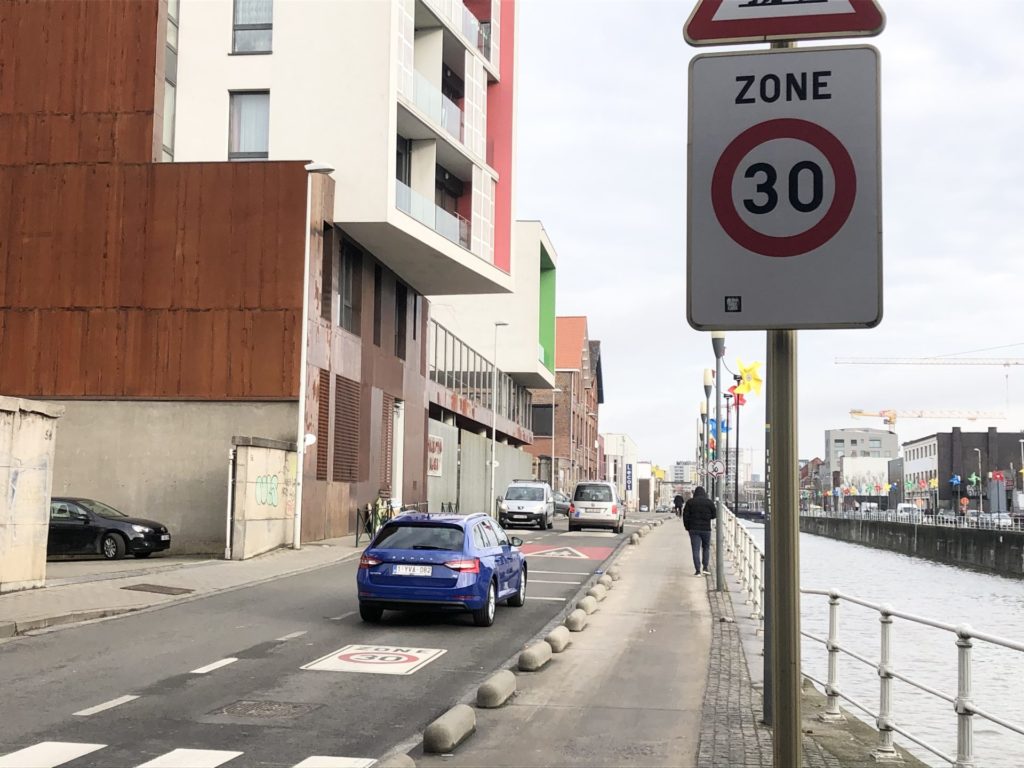Brussels police are afraid that compliance with the Capital-Region's new generalised zone 30 will fall apart once teleworking is no longer mandatory and people start driving to work in the city again.
Since it was implemented on 1 January 2021, people who live and work in Brussels have generally been respectful of the new 30 km/h speed limit, according to Jurgen De Landsheer, chief of the Brussels-Midi police zone.
"The only thing I am a bit afraid of is the moment when all those people who are currently still teleworking return to Brussels, and so-called 'normal life' starts up again in a few months," he told The Brussels Times.
In that case, it might not be a question of not wanting to follow the rules, but of not knowing the rules are there, De Landsheer explained, adding that a second communication campaign directed at people not living in Brussels will be very important.
Related News
- Court’s speeding verdict ‘not a danger’ for Brussels Zone 30
- Brussels 30 km/h zone will be enforced from January 1
- Jan 1: How Brussels' new 30 km/h zone will work
This is one of the many reasons that raising awareness of the change in rules will remain a large part of Brussels' zone 30 for some time to come, confirmed Brussels' Mobility Minister Elke Van den Brandt, who underlined that large online and radio campaigns are already ongoing.
"However, a road sign with 'Zone 30' is understandable in all languages," she said. "Additionally, new infrastructure such as extra speed bumps will also invite people to automatically drive more slowly."
"The police would like to avoid having to fine people who just do not know that the rules have changed," he said. "It would be a pity, and above all, that is certainly not the intention."
The aim of the zone 30 - which limits the speed to 30 km/h across the entire Region, unless indicated otherwise - is to make Brussels as safe as possible for everyone by having a lower speed limit, not to hand out as many fines as police officers can handle.
It is still too early to have useful figures to draw conclusions from after only two weeks, according to De Landsheer, but police officers on the road notice that people are driving slower
"I certainly have the impression that people are complying," he said, "but we also have to make sure that the message gets through to people who only come here sporadically."
Maïthé Chini
The Brussels Times

